We cannot change anything until we accept it. Condemnation does not liberate, it oppresses
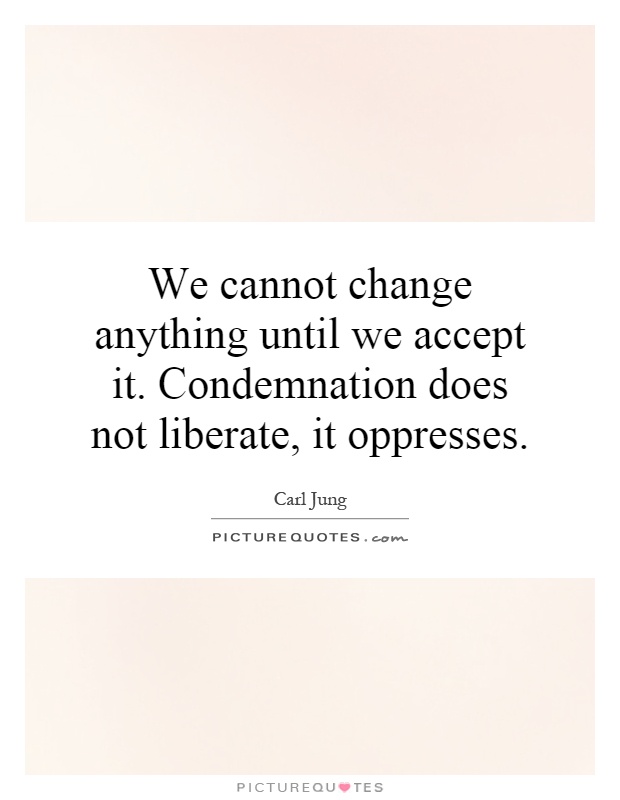
We cannot change anything until we accept it. Condemnation does not liberate, it oppresses
Carl Jung, the renowned Swiss psychiatrist and psychoanalyst, believed in the power of acceptance and self-awareness as essential components of personal growth and transformation. He emphasized the importance of acknowledging and integrating all aspects of the self, including the shadow side, in order to achieve wholeness and individuation. In this context, Jung's quote, "We cannot change anything until we accept it. Condemnation does not liberate, it oppresses," holds significant meaning.Jung's concept of the shadow refers to the unconscious aspects of the personality that are often repressed or denied. These shadow elements can manifest as negative traits, emotions, or behaviors that we may find difficult to accept or acknowledge. However, Jung believed that true transformation and growth can only occur when we confront and integrate these shadow aspects into our conscious awareness.
By accepting and embracing our shadow, we can begin the process of self-discovery and self-acceptance. Condemning or rejecting these aspects of ourselves only serves to reinforce feelings of shame, guilt, and self-loathing, ultimately leading to further repression and inner conflict. In order to break free from this cycle of oppression, we must first acknowledge and accept all parts of ourselves, both light and dark.
Jung's emphasis on acceptance as a catalyst for change aligns with his broader theory of individuation, which involves the process of becoming whole and fully integrated as an individual. Through self-exploration, reflection, and introspection, we can uncover the hidden aspects of our psyche and work towards achieving a state of balance and harmony within ourselves.
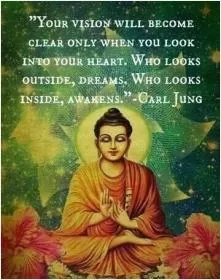
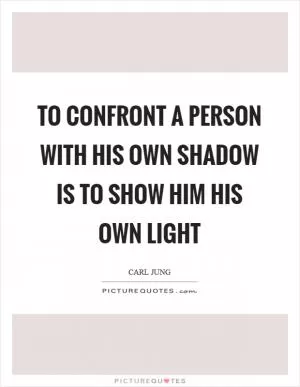
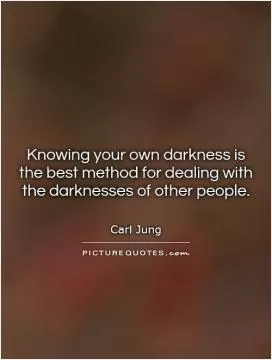

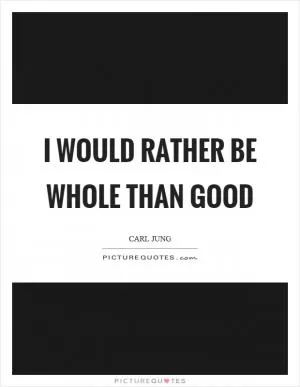
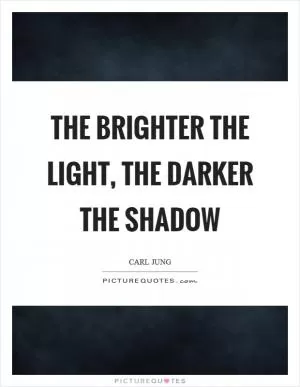
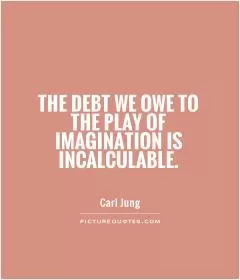
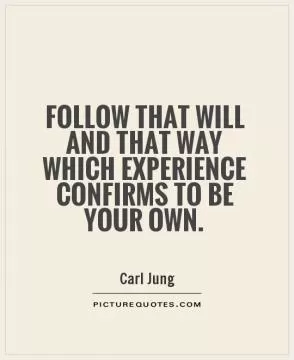
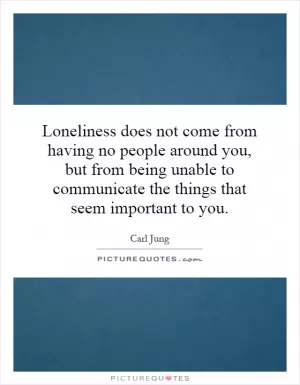

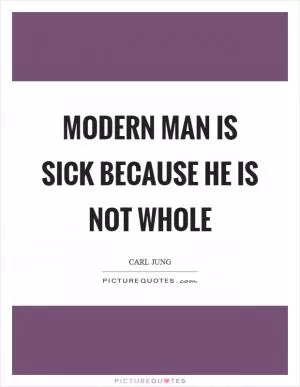
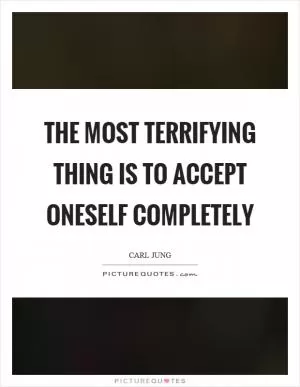
 Friendship Quotes
Friendship Quotes Love Quotes
Love Quotes Life Quotes
Life Quotes Funny Quotes
Funny Quotes Motivational Quotes
Motivational Quotes Inspirational Quotes
Inspirational Quotes